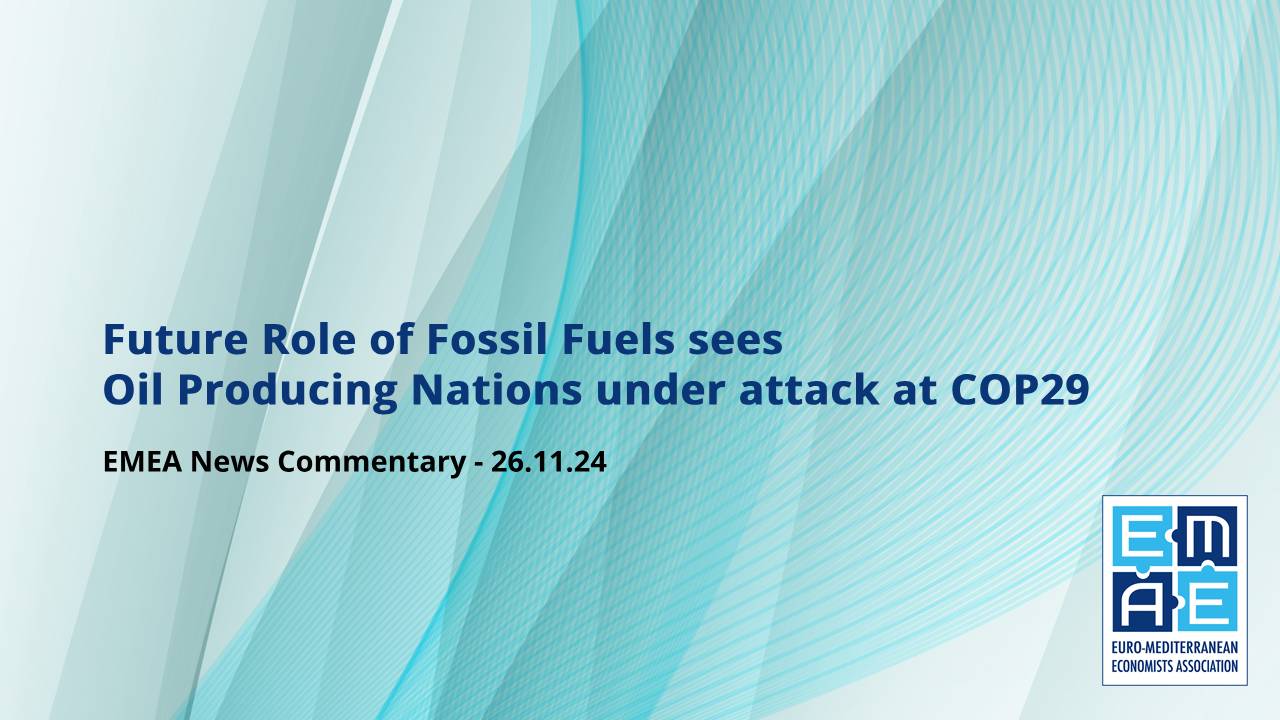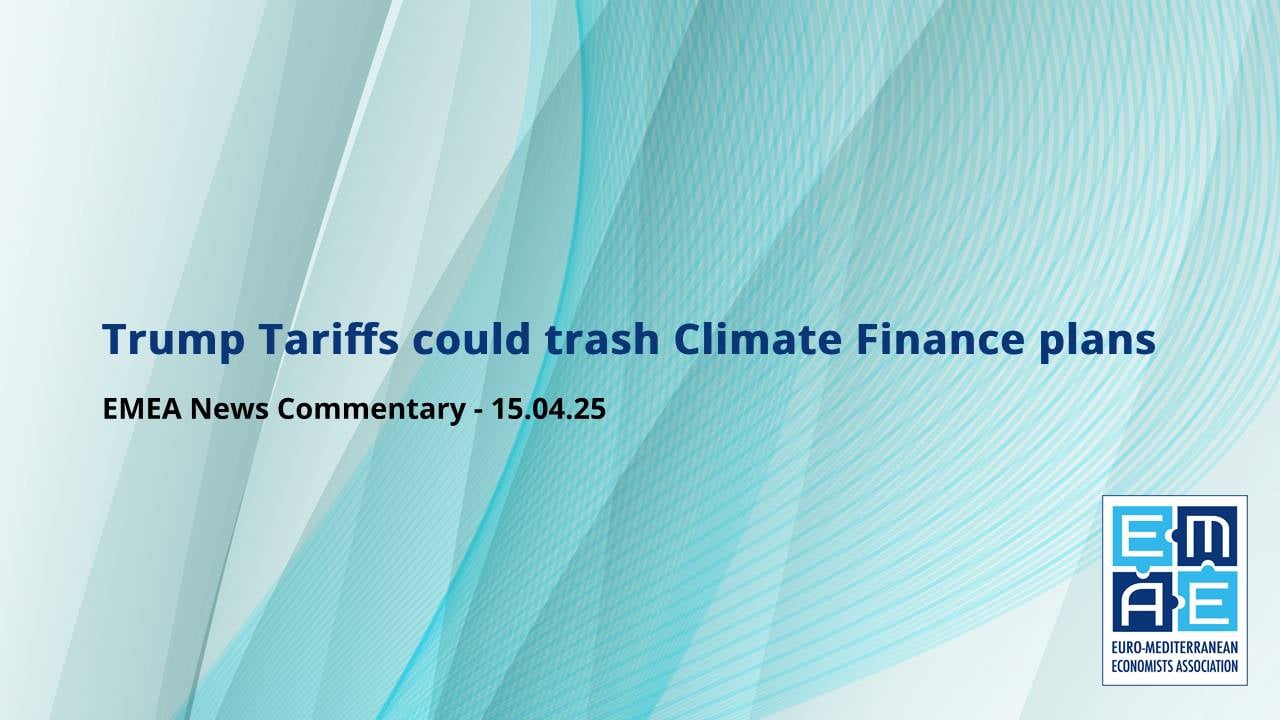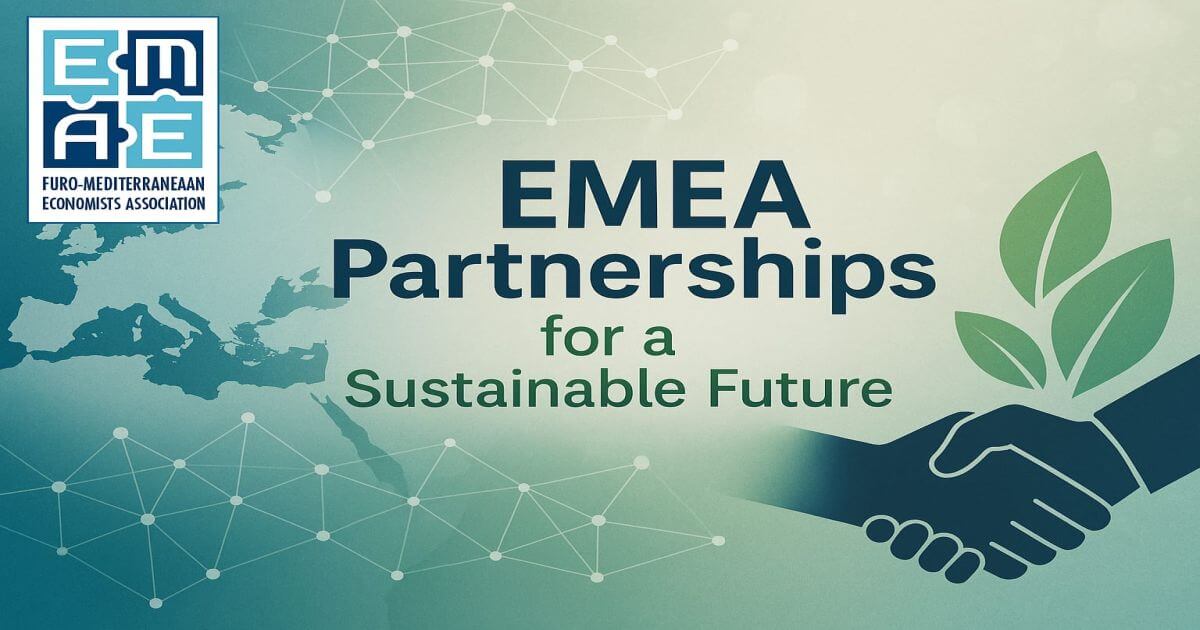Oil producing nations have come under fire from Western countries for not allowing fossil fuels to be mentioned in key documentation at the COP29 Summit in Azerbaijan.
Attendees have accused the oil producers of “backsliding” on pledges made at last year’s event, according to the Financial Times.
Amidst a wave of criticism, the European commissioner for climate action, Wopke Hoekstra, said the drafts were “clearly unacceptable”, whilst Irish climate minister, Eamon Ryan, accused oil and gas producing countries of threatening to derail the negotiations on climate action.
Saudi Arabia was said to have led a bloc of countries stopping any reference to fossil fuels, seen as being “the biggest contributor to global warming,” according to the FT report.
The paper said that omitting wording on fossil fuels from two key documents dealing with finance and “mitigation” efforts to prevent climate change, had mirrored a similar lack of reference in the G20 leaders’ statement at their concurrent Rio de Janeiro summit.
The COP29 talks were said to be on a knife-edge, just 48 hours before the Baku-hosted conference was due to close.
The FT said that added complications on how to tackle rising global temperatures had surfaced due to a dispute between Azerbaijan and France, Argentina walking out of the Summit altogether and climate change sceptic Donald Trump returning to the White House. Back in 2017, he took the United States out of the Paris climate agreement during his first term as President.
Poorer nations have also complained that their richer counterparts have failed to come up with “a specific target” over how much they would now contribute to climate finance. A revised and upgraded figure was now required, to replace the $100bn goal agreed more than a decade ago.
But draft documents contained no numerical figure, along with many other key elements remaining undecided, it was reported.
Demands for a $1tn funding target
An independent financial report, published in the run-up to COP29, had indicated at least $300bn was now required “as part of efforts to meet global climate financial needs.”
But a number of developing countries have demanded that a funding target in excess of $1tn is met, with the G77 group of developing countries seeking at least $500bn at the Summit.
Tina Stege, climate envoy for the Marshall Islands, said the disputed draft package had “failed” her people and was “completely disconnected from real lives.”
Experienced Summit watchers have said that the eventual figure would end up in the $200bn-$300bn range. However, Nik Nazmi Nik Ahmad, Malaysia’s minister of natural resources and environmental sustainability, told the Financial Times that this would not be sufficient. “It has to be a bigger number [than $200bn-$300bn] so that it can really assist the developing countries,” he said.
Unarmed in the fight against climate chaos
As reported in the Guardian, Oscar Soria, a director at the Common Initiative thinktank, said that placing an ‘X’ for climate finance, instead of a specific amount, was indicative of the ineptitude of both rich nations and emerging economies to find a workable solution for everyone.
“Without firm, ambitious commitments, this vagueness betrays the Paris agreement’s promise and leaves developing nations unarmed in their fight against climate chaos,” he said.
Ministers and high-ranking officials were said to have embarked on intense shuttle diplomacy as the two-week Summit entered its final days. But developed and developing countries looked as far apart as ever in their negotiating positions, according to the Guardian.
Questions were being asked inside the negotiating halls over whether Azerbaijan had exerted sufficient control over the negotiations or had been favouring the countries that didn’t “want a robust deal.”
Meanwhile, Reuters predicted that the summit was expected to overrun, given that there were so many unresolved issues, especially surrounding the amount in annual payments and who would be making them.
Panama’s lead negotiator, Juan Carlos Monterrey Gómez, told the news outlet: “All of this is turning into a tragic spectacle, a clown show, because when we get to the last minute, we always get a text that is just so weak.”
The original 10-page document had been cut in half by removing certain options. Even so, it still summed up the opposing positions of blocs of developed and developing nations, which were firmly established prior to COP29 taking place, Reuters reported. They added that UN Secretary-General Antonio Guterres had returned to Baku from the Brazil G20 meeting, urging for agreement to be reached.
Finance and the future of fossil fuels have been the dominant themes at COP29, stoking disagreement from the outset.
In his opening address, Azerbaijan President Ilham Aliyev had rounded on Western critics of his country’s oil and gas industry, which he described “as a gift from God.”
Oil-producing nations under fire at COP29 over fossil fuels omission
Cop29 climate finance deal hits fresh setback as deadline looms | Cop29 | The Guardian
Climate funding divisions laid bare as COP29 deadline looms | Reuters





